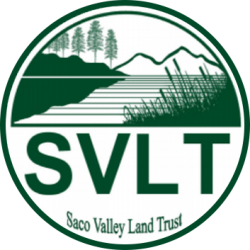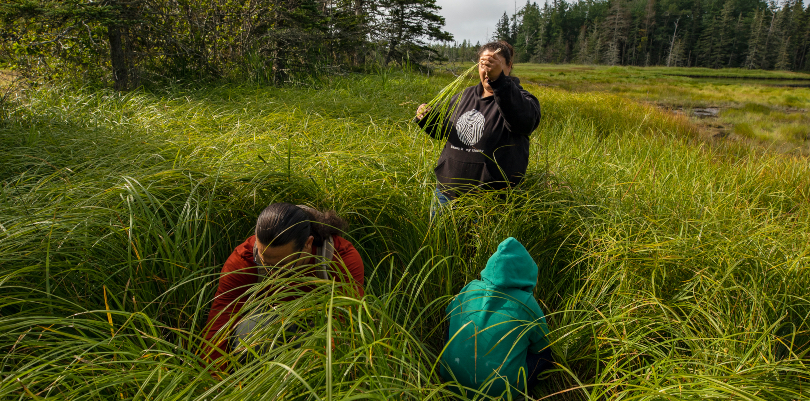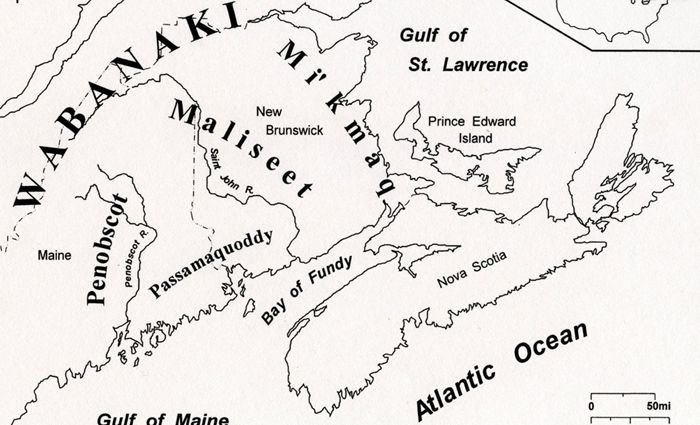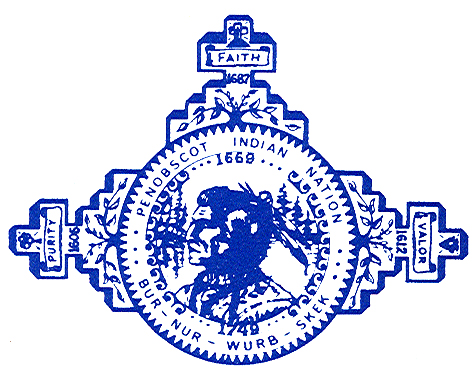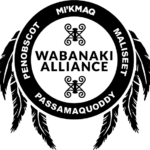With Indigenous People’s Day this month and Native American Heritage Month on the horizon, we’re taking a look at the native lands of Maine.
The Wabanaki Delegation, People of the Dawnland, or People of the First Light, lived on these lands for millennia.
Wabanaki Map (Legends of America)
More specifically, the Penobscot Nation, (or Penawapskewi, the people of the place of the white rocks), existed throughout the Southern reaches of the Unites States’ 23rd state- Maine.
Penawahpkekeyak (Wabanaki Alliance)
In general, Native Americans of today’s New England managed the land as needed. They used forestry practices, even prescribed burns, to keep land fertile. Agricultural methods were used as well to grow food including the Three Sisters- beans, corn, and squash. This ‘companion planting’ technique was used most often by the Iroquois and the Cherokee nations.
Methods were learned by gentle studying of the land. Some techniques originate over 3,000 years ago.
Three Sisters (USDA)
Many Penobscot were fishermen. Living off of the Penobscot River by spearing and netting salmon or alewives. The river was a source of food, culture, and spirituality. These people belonged to the river- the river did not belong to them.
Native Americans did not take ownership of the earth and instead found this European notion of property to be ridiculous. As Western colonization progressed, indigenous rights vanished.
Over the last several hundred years, Wabanaki have lost their ties to homelands.
Tribal Lands in Maine (Wabanaki Alliance)
Several initiatives have been created to help Wabanaki reconnect to their home. Harvesting sweetgrass by native communities on Mount Desert Island in Acadia National Park was opened in 2015, thanks to efforts from the National Park Service.
There are also instances of land trusts or cities returning land to Indigenous Nations. In 2020, Elliotsville Foundation gave the Penobscot Nation over 700 acres to connect existing tribal lands.
Harvesting sweetgrass in Penobscot Nation (Maine Beacon)
Land trusts, cities, and organizations across the country have put together land acknowledgement statements. This is a simple task that achieves only a small goal. Land acknowledgment by itself isn’t enough. Support an Indigenous Organization by donating money, volunteering, or returning land.
